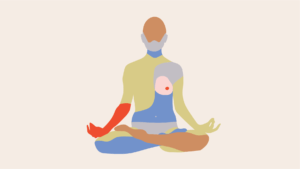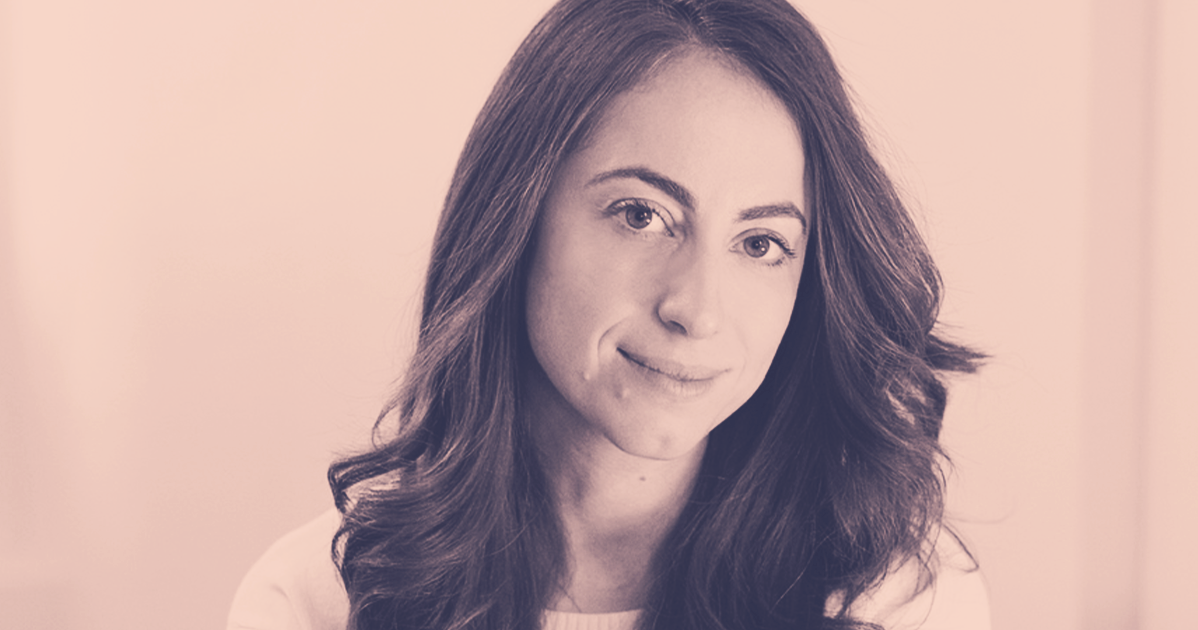A cancer diagnosis has the potential to throw your entire life into disarray, impacting both your physical and mental wellbeing. At SurvivorNet, we believe treating the whole person is imperative, so we’ve teamed up with Dr. Marianna Strongin to leverage her expertise as a licensed clinical psychologist. Dr. Strongin will answer SurvivorNet reader questions on topics ranging from how to manage anxiety about your health to how to talk to your family about your diagnosis and everything in between. (You can submit your questions here.)
*****
Read More So anxiety lives in the future and consists of questions we ask ourselves. In order to tackle it, we must calm ourselves, both physically and emotionally in the present. Some people feel their worry thoughts in their bodies, for example, increased heart rate, stomach pain, and some people even experience pain in the very place that they have their cancer. So we first must begin by soothing it physically, putting your hand on it, giving it attention and beginning to soothe it by reassuring it in the present. I love self statements. Like, “I am safe.” “I am strong.” After we calm our own body, it’s important to then calm our thoughts. Give your anxious questions, answers like “I will be okay”; “I have always managed to find a way and I always will.” “At this moment, I am safe.” “At this moment, I am healthy.”
So anxiety lives in the future and consists of questions we ask ourselves. In order to tackle it, we must calm ourselves, both physically and emotionally in the present. Some people feel their worry thoughts in their bodies, for example, increased heart rate, stomach pain, and some people even experience pain in the very place that they have their cancer. So we first must begin by soothing it physically, putting your hand on it, giving it attention and beginning to soothe it by reassuring it in the present. I love self statements. Like, “I am safe.” “I am strong.” After we calm our own body, it’s important to then calm our thoughts. Give your anxious questions, answers like “I will be okay”; “I have always managed to find a way and I always will.” “At this moment, I am safe.” “At this moment, I am healthy.”
In order to orient ourselves to the present rather than the future, we must train ourselves to be more present. Exercise is another way to let those thoughts go and to really focus on your physical body in the moment. Lastly, we must remember that nobody can tell the future, but cancer makes us fearful of the future. It robs us of how we think about time. This is something a cancer survivor must learn to tolerate while also using it to orient and enjoy the present. Nobody can control the future, but a traumatized mind has to refocus and reframe in order to enjoy the present.

*****
I’ve been battling prostate cancer on and off for years. I’ve had ups, and I’ve had downs and generally have a very good support system of family and friends. The exception is my only sister. She rarely checks in on me, rarely if ever talks to me about my cancer battle and seems to just basically want to act like there’s nothing wrong with me. It seems like a classic case of avoidance, but nonetheless it upsets me as we used to be very close. I guess you could say the cancer has sort of put a wedge in between us, and I don’t know how to work around it.
Dr. Strongin: Everyone handles their diagnosis differently. I have had patients who keep the entire journey private, only sharing it with me, and others who document their entire treatment and recovery on social media. Similarly, loved ones react and support others in a variety of ways that make them most comfortable. It sounds like you and your sister are both engaging in an avoidance dance. She is avoiding asking about your cancer, and you are avoiding talking about your feelings in regards to how little she’s following up with your cancer. In order to create a new dance, one of you has to step out of this routine. Sounds like you are already taking the lead by writing in this question. I suggest you share how you feel and express your cancer recovery needs to your sister. I have a feeling you are both dancing this dance as a way to prevent hurting one another. And sometimes it takes a new routine to realize the old one was no longer gratifying.
Learn more about SurvivorNet's rigorous medical review process.

